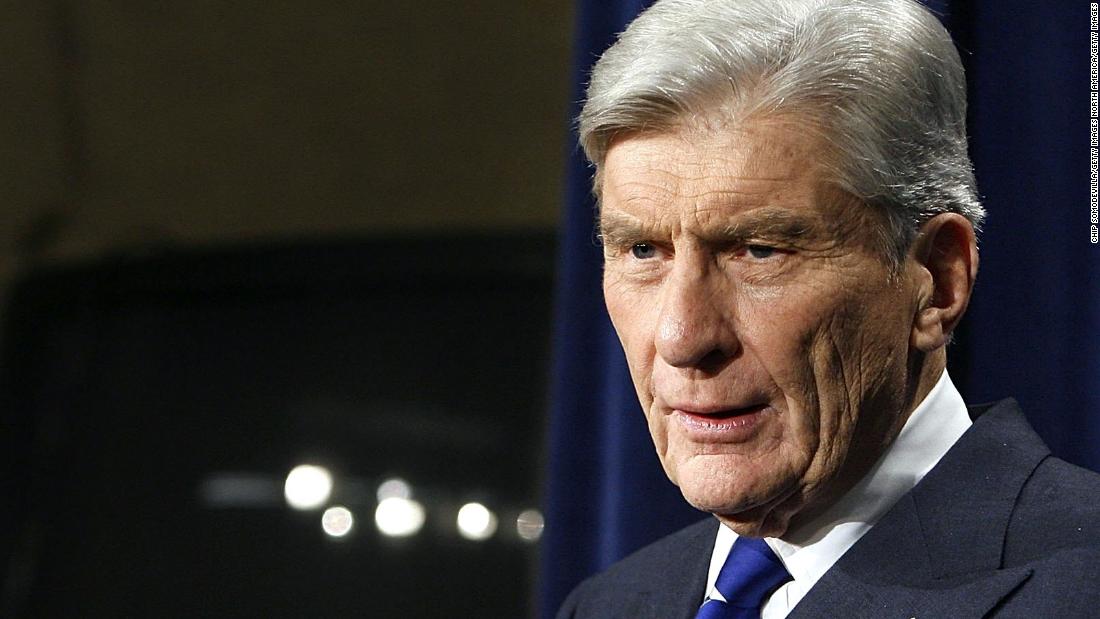In an era marked by protracted military engagements and complex geopolitical landscapes, former Virginia Senator John Warner emerged as a vocal critic of the United States’ prolonged presence in Iraq. As a stalwart of the Republican Party and a respected voice in national politics, his perspective carries significant weight. He posits a provocative question: How long must the United States remain embroiled in conflicts that offer no clear resolution? This inquiry not only challenges the status quo but also prompts a critical examination of America’s strategic objectives in the Middle East.
Warner’s advocacy for withdrawing American troops from Iraq is underscored by his belief in the necessity of reassessing the broader implications of continued military involvement. For years, the U.S. military presence in Iraq has been justified by the need to stabilize a region fraught with sectarian violence and insurgency. Yet, Warner argues that the time for reassessment and recalibration is now. Could it be that the very presence of American forces is contributing to the instability they aim to quell?
This contentious viewpoint invites a considered response. On one hand, proponents of withdrawal suggest that the United States should take a step back and allow Iraqis to chart their own course. This perspective emphasizes sovereignty, self-determination, and the dire need for Iraq to wrest control of its own destiny free from foreign intervention. Conversely, opponents of withdrawal often cite fears of a power vacuum that could be exploited by extremist groups. Therein lies the challenge: how can the U.S. extricate itself from Iraq while mitigating the risks associated with departure?
Warner’s rhetoric serves to highlight a crucial tension. The question arises: Does the continued presence of American troops genuinely promote stability, or does it foster resentment and a dependence that stifles Iraqi agency? This question echoes throughout the corridors of power and resonates with the American public, stirring debate that spans decades of military policy.
Moreover, the implications of a withdrawal extend beyond Iraq’s borders. The ripple effects could profoundly shape the geopolitical dynamics of the Middle East, influencing the strategies of neighboring countries and altering the balance of power. Ultimately, Warner’s fervent call to extricate American forces from Iraq prompts not only strategic contemplations but ethical ones. Is the pursuit of American interests worth the sacrifices made by both service members and the Iraqi populace?
The conversation surrounding the U.S. presence in Iraq encapsulates a larger narrative about interventionism, national responsibility, and the quest for peace in an increasingly fractious world. As the debate unfolds, the question remains: Can America redefine its role on the global stage in a manner that prioritizes collaboration over intervention? The stakes are higher than ever, and the answers may very well shape the future trajectory of American foreign policy.
